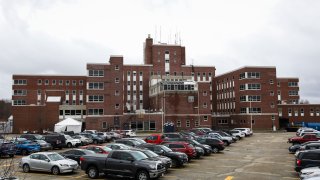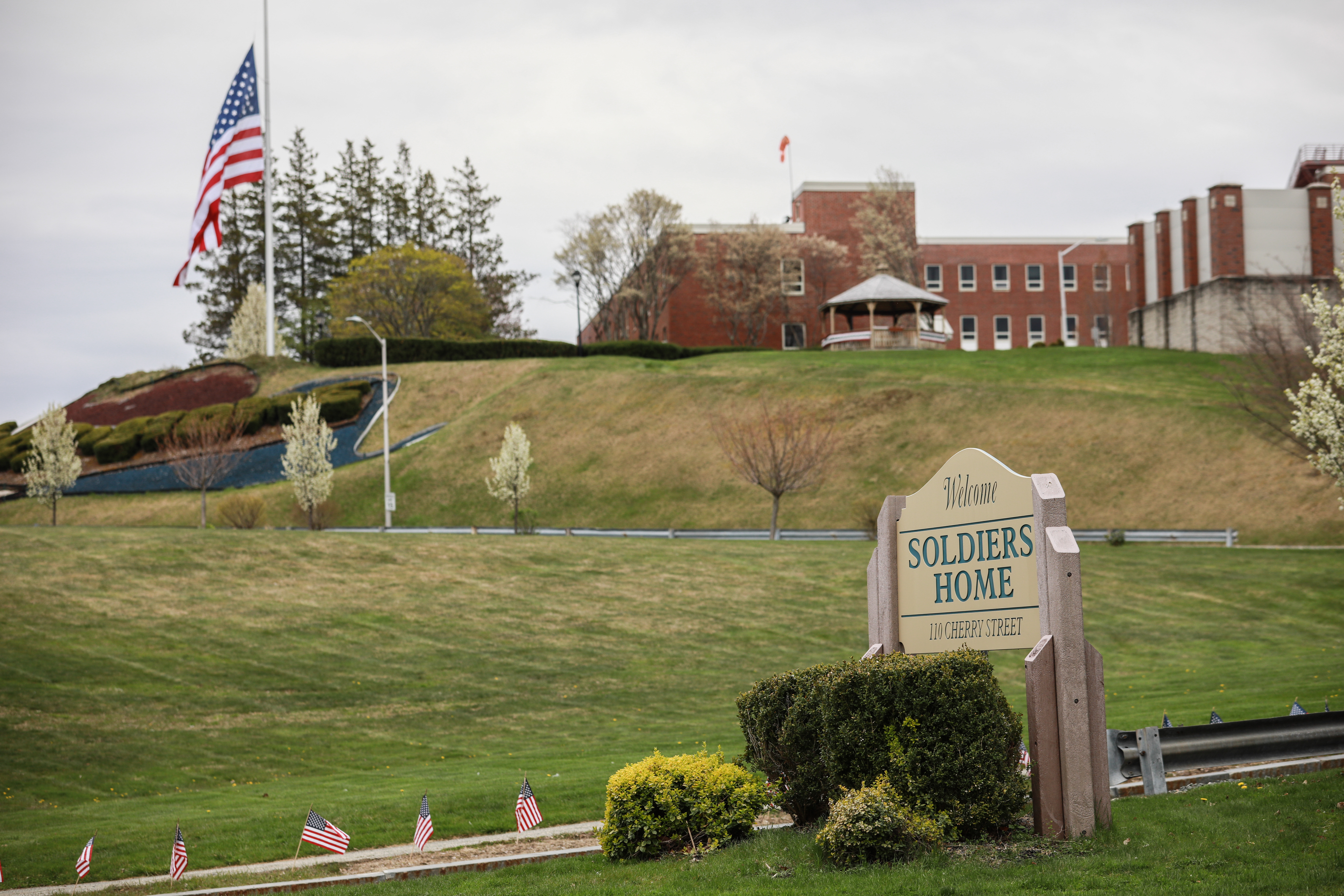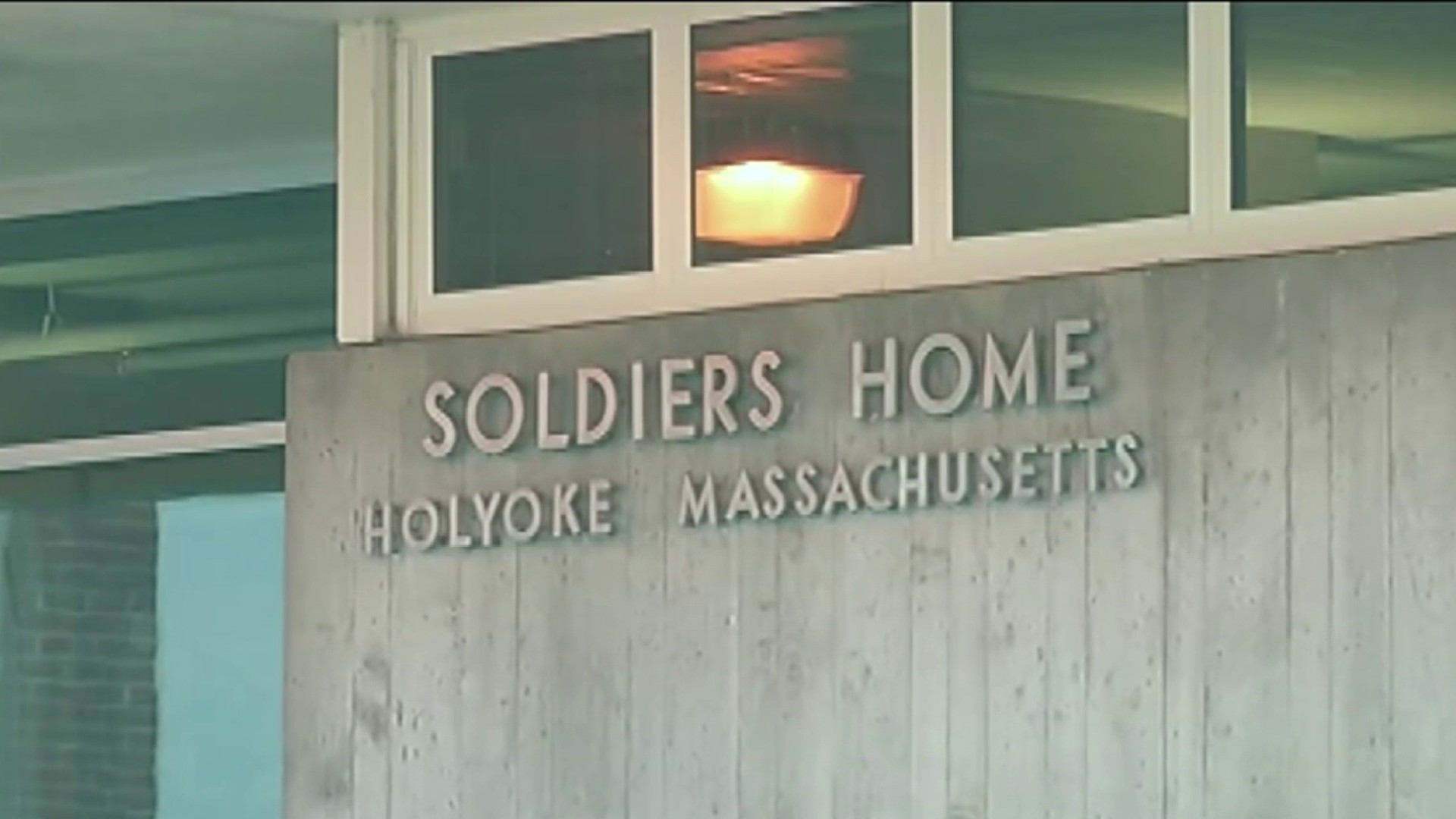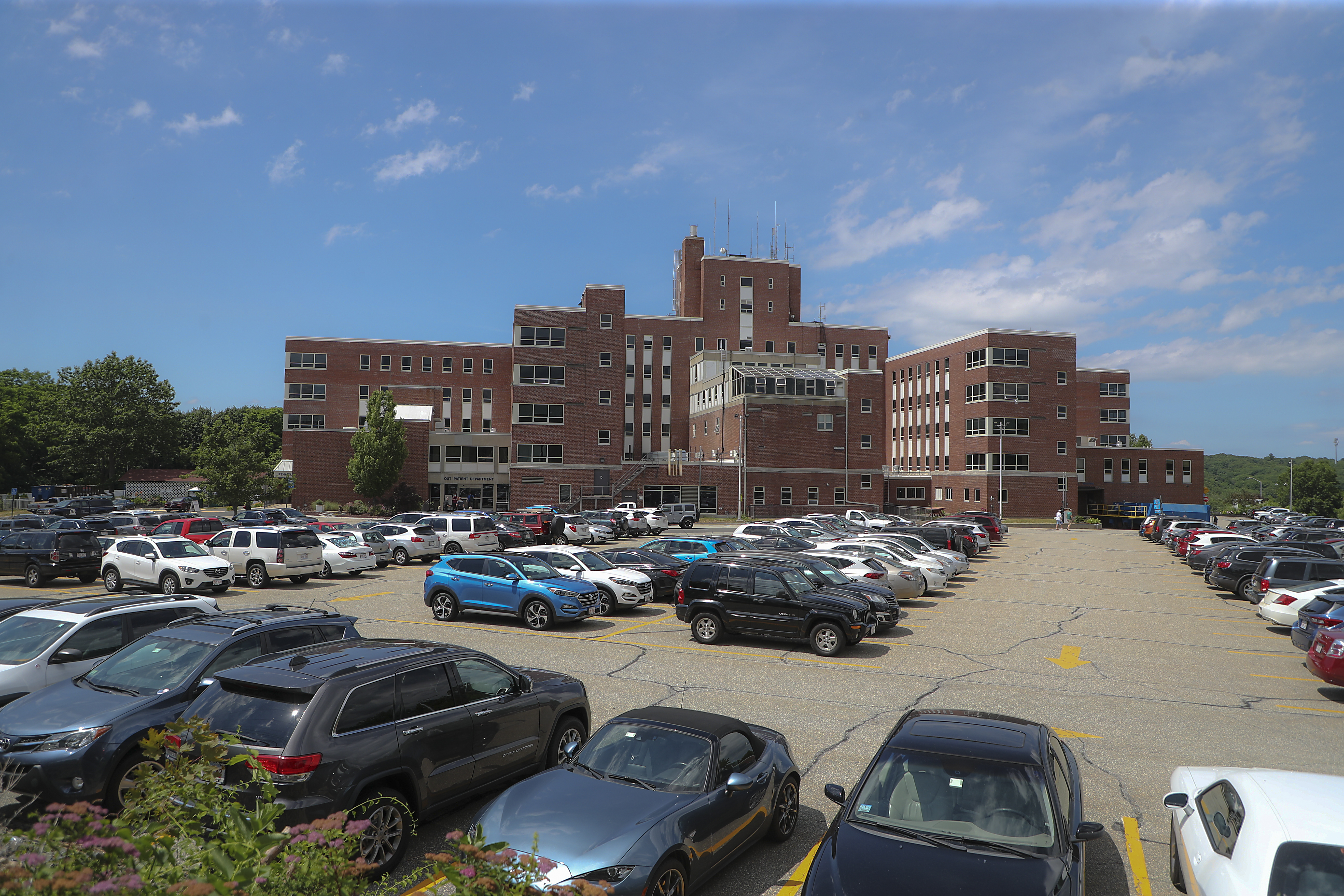
Twenty-eight months after COVID-19 tore through the Holyoke Soldiers' Home in Massachusetts and leaders fumbled the response with deadly consequences, House and Senate lawmakers agreed Wednesday on a bill that would overhaul oversight, management requirements and crisis response at state-run long-term care facilities for veterans.
A conference committee tasked with resolving differences in each branch's reform bill filed a report (H 5109) at 4:58 p.m. Wednesday, setting up floor votes on a measure that caps off nearly four months of private negotiations and close to a year of legislative investigation.
WATCH ANYTIME FOR FREE
>Stream NBC10 Boston news for free, 24/7, wherever you are. |
The final bill would impose new governance structures for the Holyoke and Chelsea Soldiers' Homes, elevate the secretary of veterans' services to a Cabinet-level position, create new licensing requirements for the facilities and their top leaders, and stand up a statewide advisory council and local panels for each home.
"Nothing can alleviate the pain of the families who lost loved ones to COVID-19 at the Holyoke Soldiers' Home, but we can ensure that we act to prevent a similar tragedy in the future," House Speaker Ron Mariano, Senate President Karen Spilka, and lead conferees Rep. Joseph Wagner and Sen. Michael Rush said in the statement.
Get updates on what's happening in Boston to your inbox. Sign up for our >News Headlines newsletter.
The bill calls for creation of a statewide Massachusetts Veterans' Homes Advisory Council to focus on the unique needs of the Holyoke and Chelsea facilities and the veterans they serve as well as local boards of trustees. It would also launch an Office of Veterans' Homes and Housing within the executive branch, which would be tasked with overseeing veteran housing matters and hiring full-time ombudspeople to receive and investigate resident and staff complaints in each facility.
Embracing the Senate's approach on a pressure point that distinguished the two underlying bills (H 4441 / S 2761), the conference committee bill pulls the Department of Veterans' Services out from under the umbrella of the Executive Office of Health and Human Services and makes DVS its own Cabinet-level executive office.
Supporters say that move will give the secretary of veterans' services more bandwidth to respond to needs at soldiers' homes and a direct line of communication and accountability to the governor.
The secretary would also have final say on both hiring and firing superintendents to lead each soldiers' home, though the local and statewide boards could have input on candidate nominations.
State-operated veterans' homes would need to employ both a superintendent, who would report to the secretary of veterans' services, and a deputy superintendent, who would report to the superintendent. The facility's top official would need to be a licensed nursing home administrator -- a qualification the head of the Holyoke facility allegedly lacked during the outbreak.
Other sections of the bill would require each soldiers' home to be licensed as a long-term care facility, and the Department of Public Health would be required to conduct inspections at least twice every year and every 30 days during emergencies, under the compromise legislation.
All six lawmakers who served on the conference committee -- Wagner of Chicopee, Rep. Paul McMurtry of Dedham, Rep. David DeCoste of Norwell, Rush of West Roxbury, Sen. John Velis of Westfield and Sen. Bruce Tarr of Gloucester -- signed the report jacket indicating their support for the compromise.
A deadly COVID-19 outbreak hit the Holyoke Soldiers' Home in March 2020, early in the days of the pandemic. Officials at the home, led by then-superintendent Bennett Walsh, reportedly made a string of what one investigator called "utterly baffling" decisions that failed to rein in the deadly virus, and the Baker administration fell short in its oversight of the facility leading up to and during the crisis.
Seventy-eight veterans died at the Holyoke facility, and another 31 died at the Chelsea Soldiers' Home from COVID-19, Sen. Michael Rodrigues said in March while his chamber debated its version of the reform bill.
More coverage of the Holyoke Soldiers' Home
Legislative leaders did not say in their joint statement when they plan to take up the accord, but both branches plan formal sessions Thursday, when they could vote to accept it.
"We look forward to taking this legislation up shortly to get it on the Governor's desk soon," Mariano, Spilka, Rush and Wagner said.




